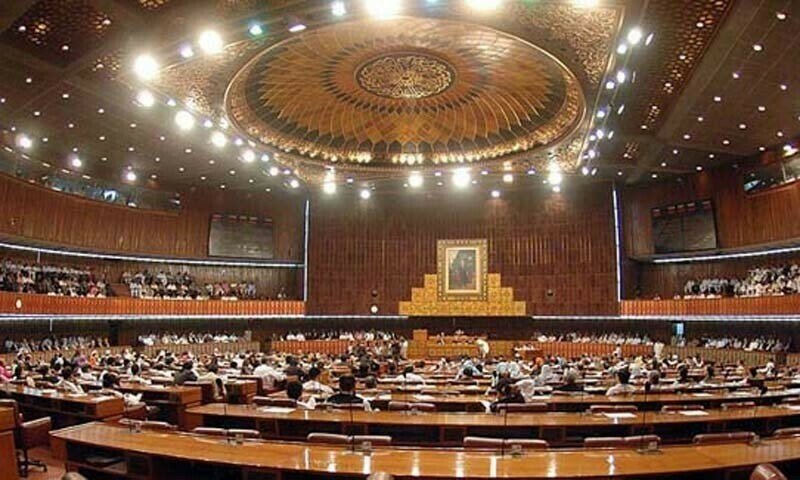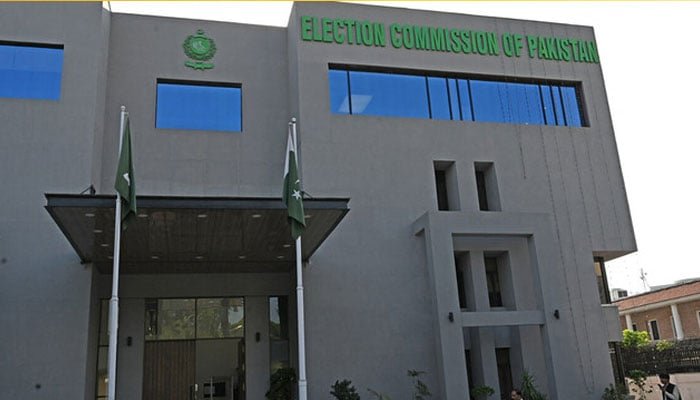Islamabad: The official Secretariat Amendment Act and Army Act Amendment Bill have been notified, according to reports by ARY News. The Secretariat Amendment Act has been granted the status of law, with a government notification issued regarding the enactment of the Act on August 18.
Sources indicate that a notification has also been issued for the enactment of the Army Act Amendment Bill. The notification states that the bill has received the approval of the President. It’s worth noting that the President of the country, Arif Alvi, had expressed reservations about both the Official Secretariat Act and the Army Act Amendment Bill.
In a statement released on the social media platform Twitter, President Alvi had stated, “I bear witness, I have not signed the Official Secretariat Act and Army Act Amendment Bill.” He further added that he does not agree with these bills and had instructed his staff to return the bills without his signature. He reiterated that he had repeatedly verified with his staff that the bills were sent back without his signature.
This development highlights a significant point of contention within the country’s legislative landscape. The approval of these amendments, despite the President’s refusal to sign them, raises questions about the process and authority of enacting laws. It underscores the tensions between different branches of government and the complexities of the legislative process in the country.
The issuance of a government notification for the Secretariat Amendment Act and the Army Act Amendment Bill reflects a divergent perspective on the matter. While the government maintains the legality of these amendments, the President’s refusal to sign them and his public statement reveal a clear disagreement. This scenario sheds light on the challenges of governance and decision-making in a democratic system where the opinions and actions of various stakeholders can shape the fate of legislation.
In the coming days, the implications of this situation will likely become clearer as legal experts, political analysts, and the general public weigh in on the matter. The situation also brings into focus the importance of transparent and collaborative processes in lawmaking to ensure the legitimacy and acceptance of new legislation.



